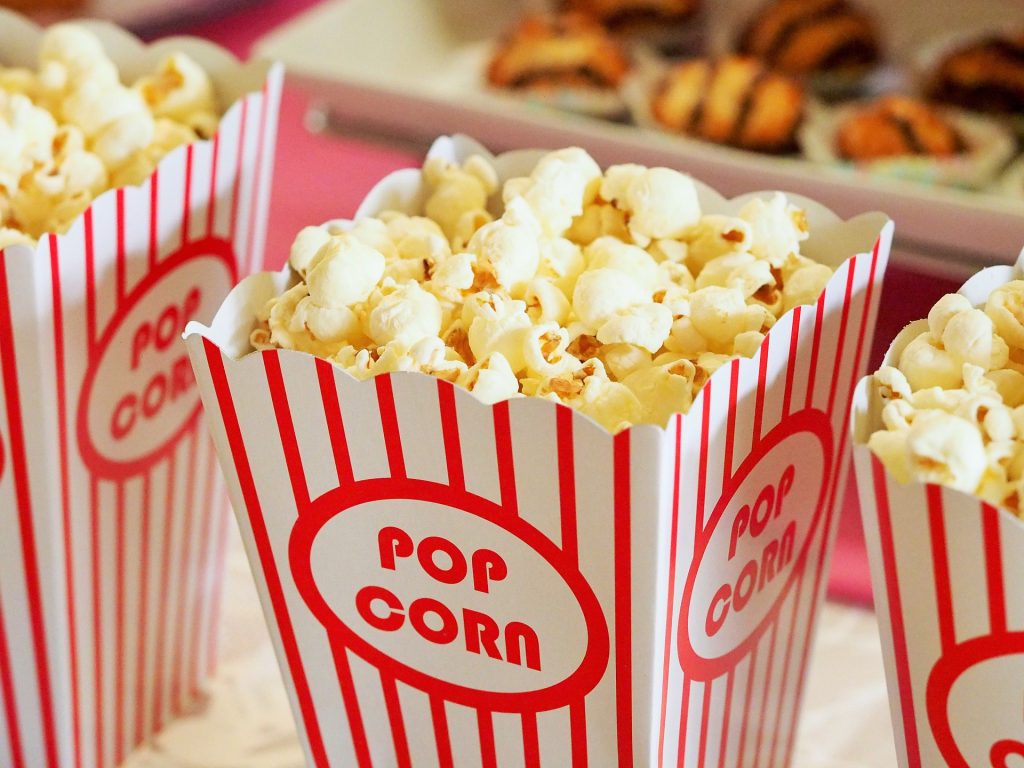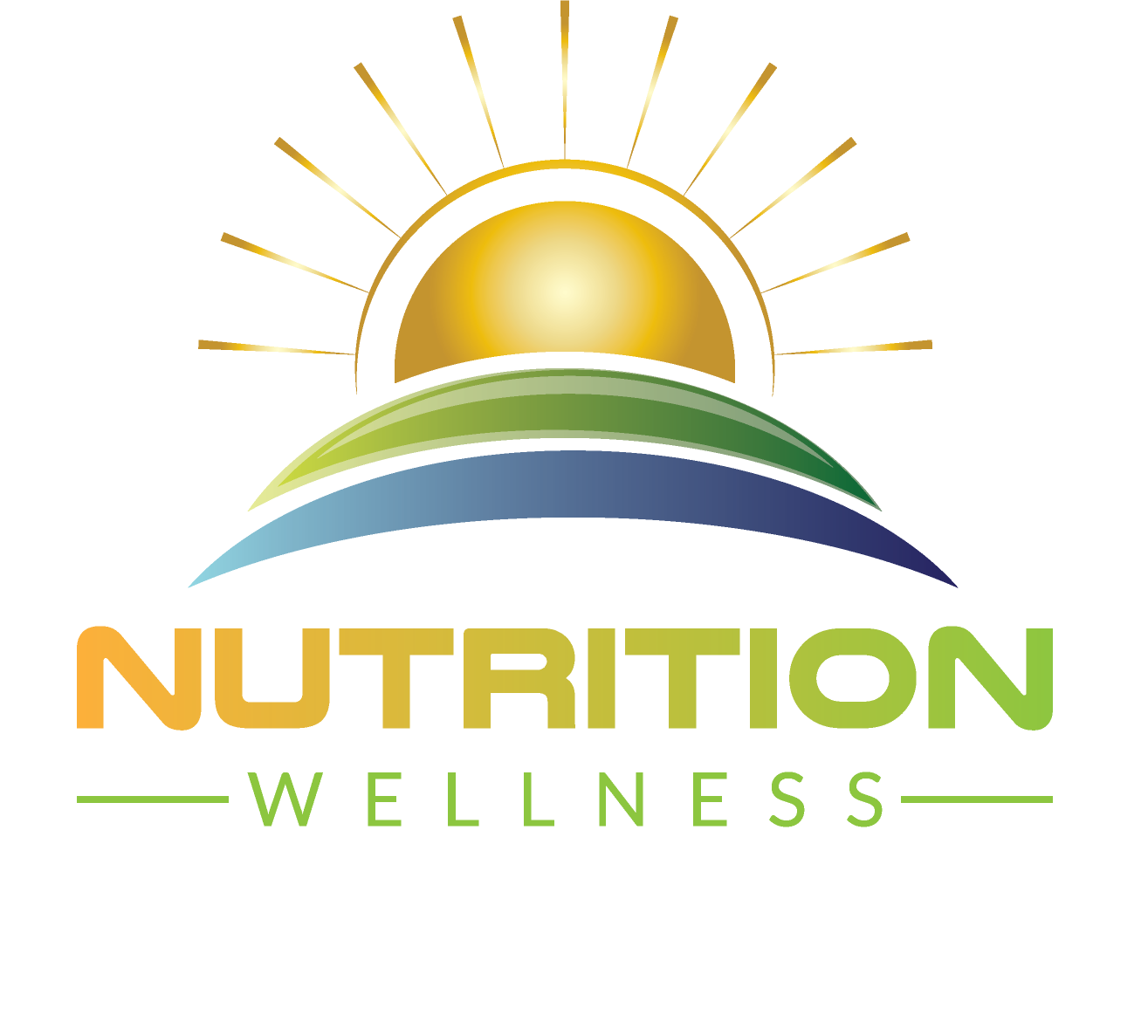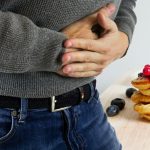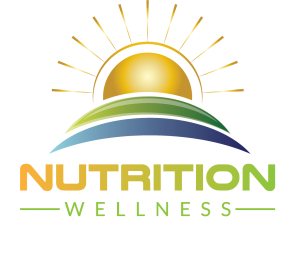Snacking and Weight Loss- Is Snacking Recommended or Not?

Snacking and Weight Loss- Is Snacking Recommended or Not?
Americans are known to love their snacking and consume large amounts of snacks on an everyday basis. Snacks have turned into a multi-billion dollar industry. The question arises – is snacking good on a weight loss plan or is it something advised against? Currently, there is mixed research on this topic. Some studies on snacking’s effects on appetite and weight have provided mixed results. One review reported that though snacks briefly satisfy hunger and promote feelings of fullness, their calories are not compensated for at the next meal. This can result in an increased calorie intake for the day. For example, in one study, men with extra weight who ate a 200 calorie snack 2 hours after breakfast ended up eating only 100 fewer calories at lunch. This means that their total calorie intake increased by 100 calories. (Healthline) Essentially, the men wound up eating more and increased their total calories/intake throughout the day.
In another controlled study, lean men ate 3 high protein, high fat, or high carb snacks for 6 days. Their hunger levels and total calorie intake did not change compared with the days on which they ate no snacks, indicating that the snacks had a neutral effect. So in essence, the snacks really had nothing to do with the hunger levels or weight change. However, some studies have shown that snacking can help reduce hunger. In one study, men eating a high protein, high fiber snack had lower levels of the hunger hormone ghrelin and higher levels of the fullness hormone (GLP-1)). They also consumed 425 fewer calories per day. (Healthline) So in this study, snacking helped control appetite and weight loss. However, not every study had similar results on this and what can be said is that results will vary based on who the study is designed for and what snacks are being consumed.
Another example found that a study of 44 women with obesity or excess weight noted that a bedtime snack increased in protein or carbs and led to decreased hunger and greater feelings of fullness the next morning. However, insulin levels were also higher. Based on the mixed results from these studies, it appears that snacking’s effects on appetite depends on the individual and type of snack consumed. (Healthline)
So, we wonder does snacking boost metabolic rate? Every time you eat, your metabolic rate jumps a little because you have to burn calories to digest, absorb, and assimilate nutrients from your food. This is called the thermic effect of food (TEF) and it contributes approximately 10% of your metabolic rate. The TEF is why some people recommend snacking to lose weight or “keep your metabolism going.” The TEF is related to what you eat, not how frequently you eat. So, in reality, snacking does not boost metabolic rate.
What has been found is that if you eat the 1600 calories in 3 meals per day, or eat the same food in 3 meals 3 snacks, your 24 hour metabolic rate will not differ.
Also, what is recommended is that well-planned and healthy snacks can complement your weight loss plan. Well-planned diets focused on weight loss to allow for healthy snacks to help manage hunger and reduce binging at mealtime. The key is to eat healthy snacks that satisfy your hunger and keep the calorie count low.
Choose healthy snacks- Sounds like a no-brainer, right? Well, sometimes this is not so easy when we are bombarded with the most tantalizing of ads, sights, smells of snacks that in the end, if given into temptation, this will not fare well with our waistline. So planning ahead with snacks that are 100 calories or less to stay within your daily calorie goal is key. These snacks should also supply your body with energy and provide important nutrients. Some good choices are:
2 cups baby carrots
2 cups air & popped popcorn
1 cup sliced bananas and fresh raspberries (or any fruit)
2 slices of low-fat cheese
2 tbsp. peanuts
Fruits and vegetables can easily help fill you up while staying below 100 calories. Fresh fruits and vegetables are very good choices, however, frozen fruits and veggies are still appropriate options. Some other snack options are :
Whole grain crisp breads – Toasted whole-grain bread crackers, such as Rye, Melba toast, are good sources of fiber and complex carbohydrates (Complex carbohydrates should be eaten in moderation).
Hummus- is made from chickpeas, a small amount of ground sesame seeds, olive oil and are a good source of protein and healthy fat.
Nuts- Nuts and seeds are associated with a decreased risk of heart disease and contain the healthy fats.
Planning ahead is key to choosing healthy snacks. If you have your grocery list with healthy options, this will help tremendously on your weight loss journey.
Overall, snacking is going to depend on what your weight loss goals are, your medical conditions (if any), and what desired goals you are interested in on your weight loss journey. If you are looking for a sound weight loss plan for the long term and follow an active lifestyle, it is important to focus on healthy snack options and plan ahead. Grocery lists, healthy snack options (as listed above), and pre-planning is required for success on this weight-loss journey.
As always, I applaud you for your success and desire to transform your body on this journey and encourage you to contact Nutrition Wellness today at 901-321-5033 or email nutritionwellness@mariakrd.com to set up a consult to lose weight and become the best version of yourself!
If you enjoyed this article please read:
https://healthline.com/nutrition/11-myths-fasting-and-meal-frequency
https://huffpost.com/entry/snacking-weight-loss_b_2940998

 Previous Post
Previous Post
